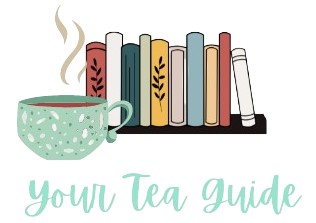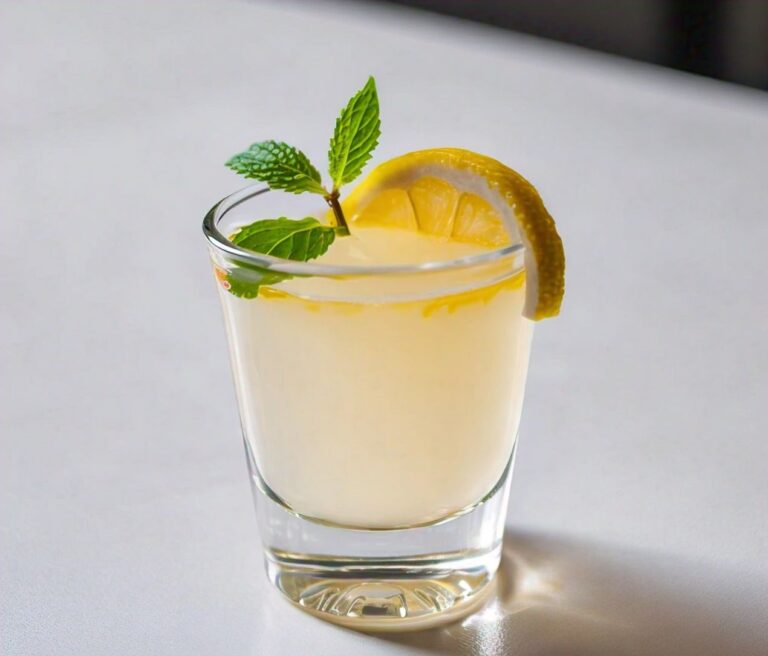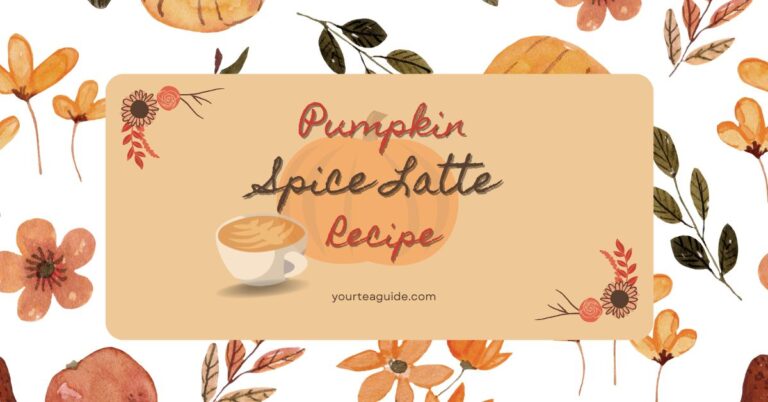Tea is one of the most cherished beverages worldwide. Recently, herbal teas have gained popularity due to their health benefits, and one tea that’s quickly gaining traction is moringa tea . This nutrient dense drink is becoming a favorite among wellness enthusiasts for moringa tea recipe impressive health benefits. So, Your Tea Guide is here with a new recipe blog, you’ll learn how to make moringa tea at home, see what ingredients are needed, and discover why it’s so popular.
What is Moringa Tea?

Moringa tea is a herbal tea made from the leaves of the Moringa oleifera tree, often referred to as the “miracle tree” due to its vast array of medicinal properties. The leaves of the moringa plant are dried and steeped to make a tea that is rich in nutrients like vitamin C, potassium, calcium, and amino acids. Moringa is native to India but is now cultivated in various parts of the world due to its incredible benefits.
Moringa Tea Ingredients

In Moringa Tea recipe each ingredient plays a role in delivering both flavor and nutritional benefits. Here’s what you’ll need to make moringa tea:
- Dried moringa leaves or moringa powder (the main ingredient)
- Water (for boiling and steeping)
- Honey or lemon (optional, for added flavor and sweetness)
- Herbal spices like ginger or cinnamon (optional, for a spicy twist)
What Equipment is Required for Moringa Tea Recipe?
Preparing moringa tea is simple, and you only need basic kitchen tools.:
- Teapot or saucepan for boiling water
- Tea strainer or infuser if using loose moringa leaves
- Tea cup or mug for serving
- Spoon for stirring
How to Make Moringa Tea
Making moringa tea is a quick and easy process. Follow these brief steps :
- Boil water – Add about 1 cup of water to a rolling boil.
- Add moringa leaves or powder – Use 1 to 2 teaspoons of dried moringa leaves or 1 teaspoon of moringa powder.
- Steep the tea – Let the moringa sit in the hot water for 5-10 minutes to extract its nutrients and flavor.
- Strain the tea – If you used leaves, strain them out before drinking.
- Add sweetener or flavor – Optional: Add honey, lemon, or your favorite herbs like mint or ginger for added taste.

Your moringa tea is ready to enjoy! You can drink it hot or allow it to cool down and serve over ice for a refreshing iced moringa tea.
What is the Best Time to Drink Moringa Tea?
The best time to drink moringa tea depends on what benefits you’re looking for. In the morning, it can give you an energy boost and help kickstart your metabolism. In the evening, it can be a calming way to wind down after a long day. Many people enjoy moringa tea before meals to aid in digestion or after a workout for muscle recovery.
Also Read : How To Make Green Tea Taste Good In 7 Easy Steps
Moringa Tea vs Matcha Tea
Both moringa tea and matcha tea are popular for their health benefits, but they have some key differences.
- Ingredients: Moringa tea is made from the leaves of the Moringa oleifera tree, while matcha is made from finely ground green tea leaves.
- Nutritional Value: Moringa is known for its high concentration of vitamins and minerals, especially vitamin C and iron. Matcha, on the other hand, is famous for its high levels of antioxidants, particularly catechins.
- Caffeine Content: Matcha contains caffeine, making it a great morning pick up, while moringa tea is caffeine free, ideal for those looking for a more relaxing option.
- Flavor: Matcha has a grassy, slightly bitter taste, while moringa tea has an earthy, mildly nutty flavor that is less intense.
Ultimately, both teas offer great health benefits, but your choice depends on whether you want an energy boost (matcha) or a caffeine free nutrient powerhouse (moringa).
Moringa Tea Benefits for Health and Skin

Moringa tea is not just a tasty beverage, it also comes packed with numerous health and skin benefits like –
- Rich in Antioxidants: Moringa contains powerful antioxidants that help fight free radicals in the body, reducing oxidative stress and inflammation.
- Boosts Immunity: With high levels of vitamin C and other nutrients, moringa tea helps strengthen the immune system.
- Supports Skin Health: The antioxidants in moringa can improve skin elasticity, reduce wrinkles, and promote a youthful appearance.
- Aids Digestion: Drinking moringa tea can help improve digestion and soothe the stomach, thanks to its anti-inflammatory properties.
- Improves Energy Levels: While moringa tea is caffeine free, its nutrients help increase energy naturally without the crash associated with caffeinated drinks.
Variations of Moringa Tea
Moringa tea can be adapted in many creative ways to suit your taste preferences. Here are a few popular variations you can try at home
- Lemon Ginger Moringa Tea: Add a slice of fresh ginger and a squeeze of lemon for a zesty, spicy version.
- Mint Moringa Tea: Fresh mint leaves can be added to the tea for a cooling, refreshing twist.
- Spiced Moringa Chai: Add warming spices like cinnamon, cloves, and cardamom to create a moringa based chai.
- Iced Moringa Tea: Brew moringa tea and let it cool, then serve it over ice with a splash of lime for a refreshing drink.
- Moringa Honey Tea: For a sweeter taste, stir in a spoonful of honey and enjoy the gentle sweetness with the earthy flavor of moringa.
FAQs
1. Does moringa tea have caffeine?
No, moringa tea is naturally caffeine free, making it a great choice for people looking to avoid stimulants.
2. Is it safe to drink moringa tea daily?
Yes, moringa tea is generally safe to drink daily. It’s best to consult with your family doctor if you have any health conditions or if you are pregnant.
3. What are the side effects of moringa?
While moringa is safe for most people, some may experience mild digestive upset if consumed in large amounts. We should start with small quantities and increase gradually.
4. Can moringa tea reduce belly fat?
Moringa tea can aid in weight management by boosting metabolism and improving digestion, but it’s not a magic solution for belly fat. Regular exercise and a healthy diet are key.
5. What to avoid when taking moringa?
Avoid consuming moringa in combination with certain medications, such as those for diabetes or blood pressure, without consulting a doctor, as it may lower blood sugar or blood pressure levels too much.







